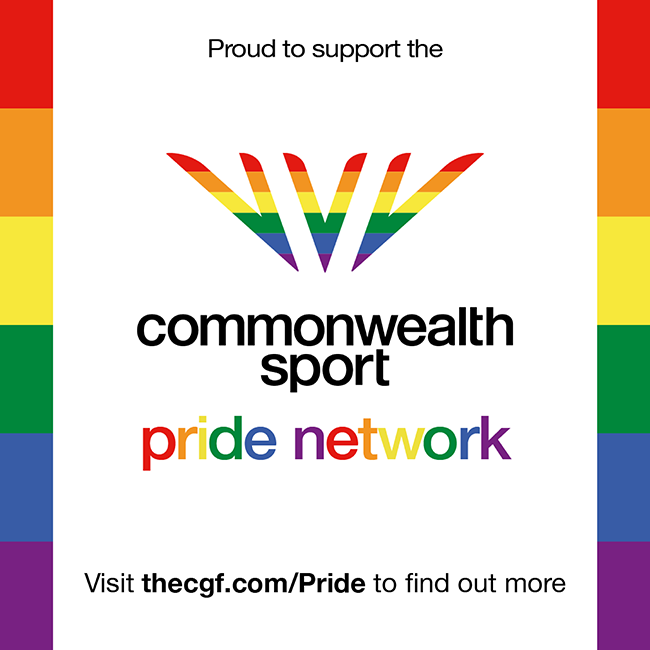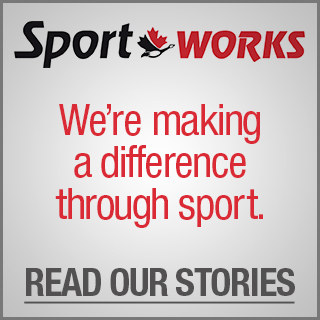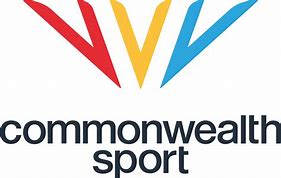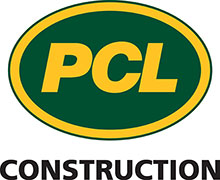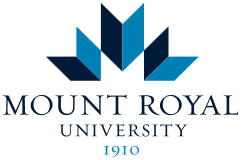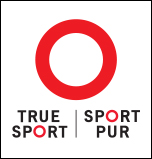Victoria Commonwealth Games left legacy
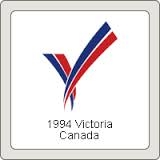
Victoria Commonwealth Games left legacy
VICTORIA - It was a crossroads in time. Swimming at the 1994 Commonwealth Games in Victoria, where he won three medals, was one of the highlights of Stephen Clarke’s career.
Ryan Cochrane was a child in the stands watching the swimming at those Games. The experience left an impression that would result in Cochrane becoming an Olympic and world championship medalist.
This year marks the 20th anniversary of the Victoria Commonwealth Games. Clarke and Cochrane’s roles are reversed this week as the Canadian Swimming Trials return to the Saanich Commonwealth Place. The trials will select the teams for this summer’s Commonwealth Games in Glasgow, Scotland, and the Pan Pacific Swimming Championships in Gold Coast, Australia.
Clarke is returning to the Saanich pool for the first time since the ’94 Games, while Cochrane is competing for a spot on both teams.
“It will bring back a lot of memories,” said Clarke, 40, who lives in Brampton, Ont.
This year’s trials completes a circle for Cochrane.
“My first national team was the (2006) Commonwealth Games,” said the 25-year-old Victoria native. “It doesn’t feel like eight years ago the journey really began.
“I love racing. I love competing. I love representing my country. It’s even better when you get to share it with the people who really got you there.”
The 1994 Commonwealth Games were held Aug. 18-28, attracting more than 3,200 athletes from 63 nations. It marked the return of South Africa to the Commonwealth Games but a scheduling conflict prevented Nelson Mandela from attending. Many South African athletes paid tribute to him after winning medals.
Canada finished second in the medal standings with 133, including 41 gold, 43 silver and 49 bronze. Australia topped the table with 184 medals, including 88 gold.
In the pool Canadian swimmers won 20 medals, including eight silver and 10 bronze. Clarke won the 100-metre freestyle, making him the only able-bodied swimmer to take home gold. (Andrew Haley won the men’s S9 100-m freestyle on the Para-swimming side.)
Even 20 years later Clarke rates standing on the podium, hearing O’Canada, as one of his biggest competitive thrills.
“To be able to compete in your home country is what everyone kid of dreams about,” said Clarke, who also won a silver in the 100 butterfly and the 4x100-metre medley relay. “It’s always cool to hear the Canadian anthem when you win but to win at home, and to have the whole crowd on your side, is a totally different feeling.”
Among the other Canadian medal winners in Victoria were Jon Cleveland, Curtis Myden, Andrea Nugent and Marianne Limpert.
Cochrane was only five years old when the Games were held but he remembers his parents taking him to the swimming.
“I just remember how big an event it was,” he said. “One of the most interesting things for me as a child was learning all the different sports that were available. Just being able to go to the pool and seeing what a big event it was and all those world class athletes. I have pretty fond memories.”
For Clarke it was a little bit like history repeating itself. He remembers being inspired by the 1984 Olympic trials when he watched Victor Davis and Alex Baumann compete.
“That really stuck in my memory,” said Clarke, a bronze medalist at the 1992 Olympics. “It motivated me to stay in the sport. It’s a cool thing to know there was a generation of guys there (in Victoria).
“Ryan Cochrane is arguably one of the greatest swimmers Canada has ever had. To know you even had a small part in inspiring him is pretty flattering.”
The ’94 Games inspired many athletes like Cochrane. They also left behind a legacy in the recreation center that houses the pool and a fund that started with $15 million in seed money that has helped train local athletes.
Randy Bennett, head coach of Island Swimming and the Swimming Canada High Performance Centre – Victoria, said money from the legacy fund helped make swimming affordable and encouraged the participation of young athletes.
“The costs associated with swimming in Victoria isn’t prohibitive and the access to the facility is unprecedented,” said Bennett, who coached seven athletes at the 2012 Summer Olympics.
“Any sport is a numbers game. The more kids you have going back and forth, the more likely you are going to get a great result. Because it (the pool) is so accessible to such a large swimming population in Victoria, it creates a huge opportunity for our community.”
The aquatic facility used for the Games was built for $23 million and had a 50-metre competition pool, a deep dive tank and multi-purpose rooms. Its pyramid-style roof features multi-pane windows that allow natural light into the building.
Besides Cochrane swimmers like Julia Wilkinson, Rick Say, Richard Weinberger, Eric Hedlin, Hilary Caldwell, Limpert and Blake Worsley have all trained at the pool.
Cochrane said having the Saanich Commonwealth Place to train in has been one of the biggest impacts on his career.
“We have been so blessed in Victoria to have this world-class facility that came out of the Games,” said Cochrane. “Every day I am thankful to be in a pool that still feels new and you get some natural light, which for swimmers is a pretty big deal.
“Being able to (train) in an environment which is world class is what keeps you going for years. It’s pretty crazy that I have been training in the same pool my entire swimming career. It’s a pretty good place to call home.”
Clarke agreed the Victoria Games left a mark on Canadian swimming.
“Victoria has done a great job of swimming since then,” he said. “B.C. has definitely taken the lead in swimming.
“I think a big part was having the facility built for the Commonwealth Games.”
Attending the ’94 Games and watching swimmers like Clarke was a springboard for Cochrane’s career. Having the Canadian Swimming Trials in Victoria might put the next generation of Olympic contenders on the starting blocks.
“It’s great to give back to the swimming community where you swim every day,” said Cochrane. “It’s going to inspire that many more kids to have these dreams of going to the Olympics and Commonwealth Games.
“It should be obtainable for all these kids.”?

